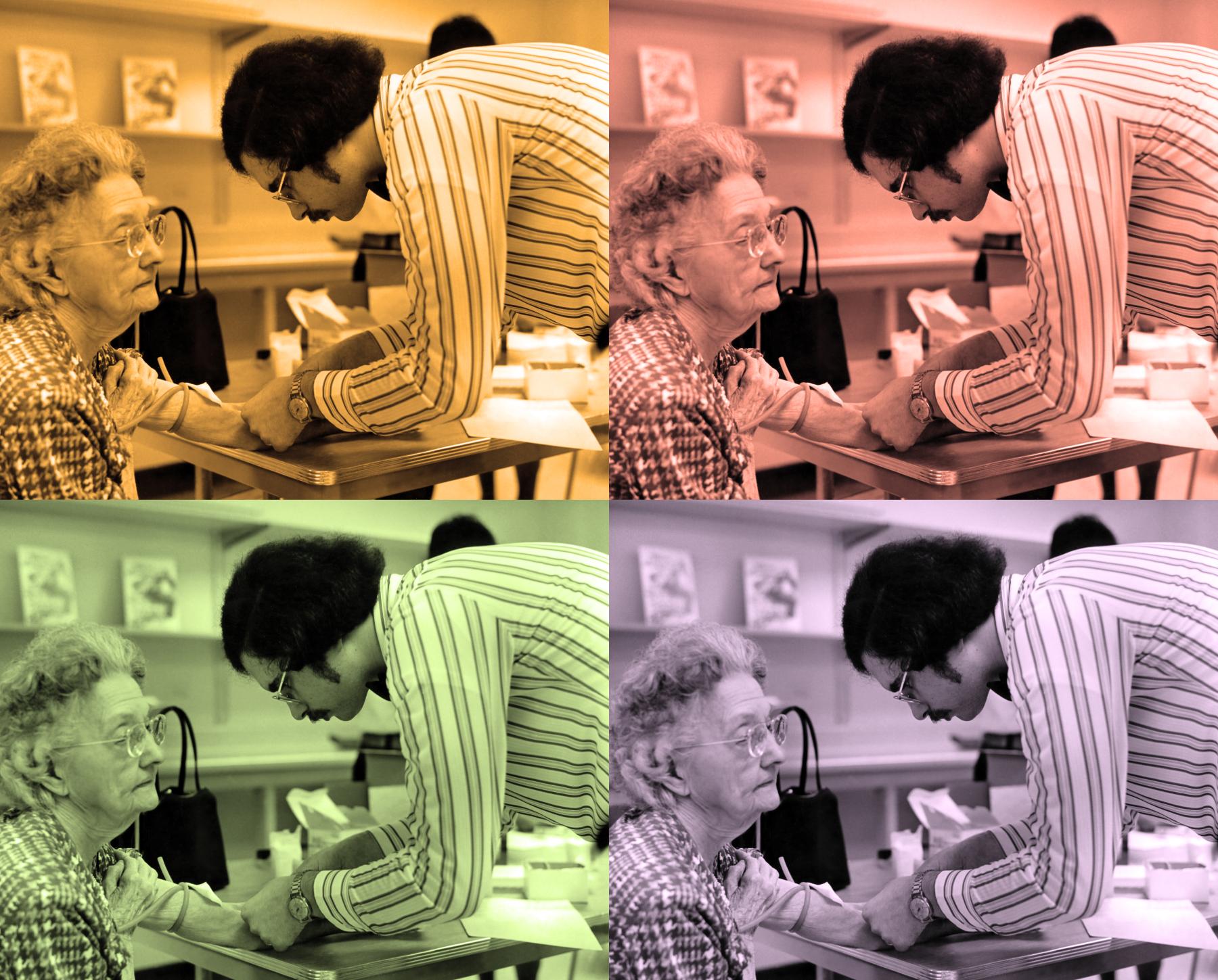One of the best chances to curb the COVID-19 pandemic is an effective vaccine. The success of a vaccine hinges on two factors.
The first is whether it will work medically. That work is in the hands of a small number of scientists.
The second factor is trust, and that’s up to us.
“The vaccine will be useless if widespread distrust leads to the unwillingness of people to receive it,” said Dr. Victor Dzau, president of the National Academy of Medicine, during a Sept. 16 webinar.
Social trust is one of the most important tools we have for battling the pandemic, as the Colorado Health Institute (CHI) has discussed previously.
Fortunately, Colorado has smart and passionate public health leaders who are working to strengthen confidence in the vaccination process. It all starts with flu shots.
The Metro Denver Partnership for Health (MDPH), which CHI facilitates, and the Colorado Department of Public Health and Environment are using the campaign for the seasonal flu shot — which is now available — as a test run for the eventual COVID-19 vaccine. An array of other groups, including Immunize Colorado, are contributing.
Flu shots are especially important this year, so hospitals aren’t overwhelmed with flu and COVID-19 patients at the same time. Also, both diseases have respiratory symptoms, and we don’t know how patients would respond if they contracted both.
MDPH is connecting with community leaders who can promote the importance of the flu shot, for now, and the COVID-19 vaccine when it’s ready. They are working to figure out what training and resources community leaders need to convincingly spread the word.
The task is different from the typical resistance to vaccines, which centers on parents objecting to routine childhood immunizations. Anti-vaccination Facebook pages (we won’t link to them) have taken up the cause of opposing flu and COVID-19 vaccines. And unlike childhood immunizations, which are required before kids can attend school (with broad exceptions), there’s no compulsion for adults to get a flu shot.
But the problem is bigger than the typical anti-vaccination groups of the political left and right. Many recent headlines about a vaccine have been political, with President Trump pushing for the availability of one before the election. As a result, skepticism has expanded into the wider public. Distrust of the president rubs off on the vaccine.
In fact, a third of Coloradans say they are somewhat or very unlikely to get vaccinated for COVID-19, according to a Colorado Health Foundation poll. We don’t know with certainty whether vaccinating the remaining two thirds would be enough to reach herd immunity. Vaccine campaigns for other diseases often aim for 80% participation among adults.
The health system’s historical injustices also play a role in breaking down trust.
Dr. Francis Collins, director of the National Institutes of Health, said in the Sept. 16 webinar that researchers have had a hard time enrolling Black or African American people in COVID-19 vaccine trials because of a lack of trust in the medical establishment. People often cite the Tuskegee experiment in declining to participate in the vaccine trial. The memory of deeply unethical and racist practices has not faded for these communities in the decades since the experiment took place.
“We’ve got to have a real conversation here, and it has to involve trust and voices from communities they are part of,” Collins said.
The distrust and skepticism are understandable, but the public health leaders whom CHI works with remain confident that any vaccine that is approved will be free from political interference. Here’s why.
First, the vaccine will have to be approved not only by political appointees at the Centers for Disease Control and Prevention (CDC), but by the Advisory Committee on Immunization Practices, a 15-member group of doctors and nurses from hospitals and medical schools around the country. New members are appointed by the secretary of Health and Human Services after a rigorous vetting process by the current committee. They serve four-year terms — meaning some of them were appointed prior to the Trump presidency — and they have strict rules about conflicts of interest with vaccine companies.
Second, doctors in Colorado will have to approve the vaccine, too. Once a vaccine gets federal approval, the state has 30 days to release its own vaccine guidance.
Finally, doctors and nurses will prove their confidence in the vaccine by being the first to take it.
The CDC published its interim playbook for distributing vaccines on Sept. 16, and it calls for rolling the vaccine out in three stages. First to receive it will be medical providers and other essential workers, who are more likely to be exposed to the virus, along with the people at highest risk for getting severely ill with COVID-19.
As more doses become available, the vaccination program would move into the second stage, with vaccinations available in doctor’s offices, retail pharmacies, and public health clinics. Colorado public health agencies are making plans for drive-through vaccination sites, much like the drive-through testing sites they created earlier this summer.
The third stage starts when there is enough supply of the vaccine to shift to a routine strategy, and getting a COVID-19 shot will be just like getting a shot for the flu or whooping cough.
That’s the process. From a public health point of view, it’s sound. But as we’ve seen this year, public health voices are rarely the loudest in the room.
They will need help in getting the word out about their message, which is a simple one: Get the flu shot, and when the time comes, get a COVID-19 shot.
Your local doctors, public health experts, and scientists have put them to the test – and your friends, family, and the broader community are depending on you.
Related Blogs and Research

